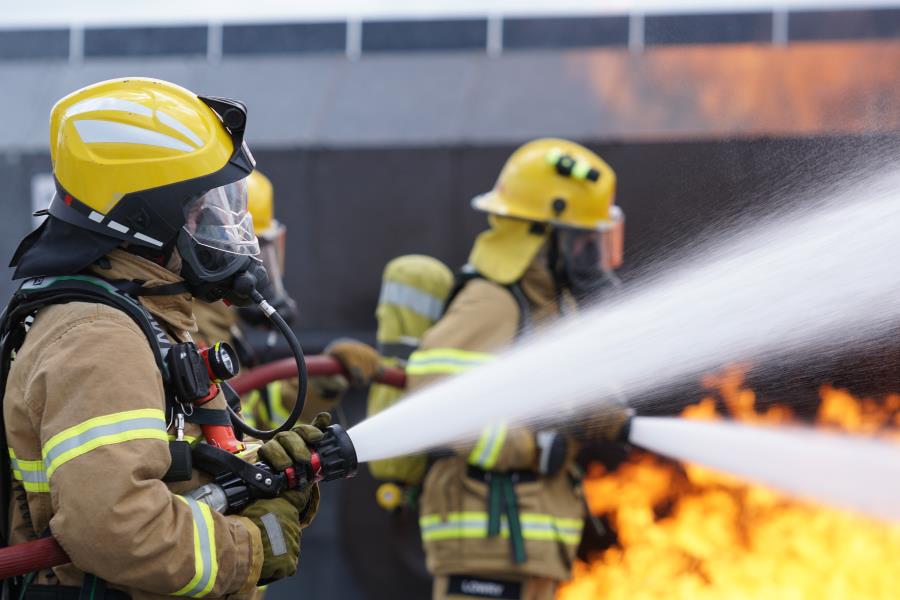
Virtual training sessions are helping more new volunteers work their way through the General Firefighter (GFF) training program.
With face-to-face training impacted by extended lockdowns due to COVID-19, new members were able to commence and continue their General Firefighter training with an experienced trainer and assessor in a virtual classroom environment on MS Teams.
More than 3,000 new members have attended 273 virtually run courses since the GFF virtual training sessions started in October 2020.
Virtual facilitator-led training for the GFF Orientation and Foundation knowledge modules were always part of the strategic intent of the program to provide new members with different ways to learn.
When COVID hit, CFA Training adapted, fast-tracking the introduction of virtual training into the GFF program.
Jo Loeschenkohl, Sarah van der Velden and Kim McMahon are three of the trainers and assessors (TAs) who lead the virtual GFF sessions.
They have been running virtual sessions for the past 15 months and say that these sessions offer greater flexibility and a range of other benefits for participants.
Jo Loeschenkohl is the captain at Traralgon Fire Brigade and has been a TA for about two years. She said virtual training not only benefits participants but the trainers themselves.
“The virtual training format works for me as it allows me to balance family life and CFA. If it works for me it’s going to work for others,” she said.
“Being a mum means training is often inaccessible, but this way I’m able to put my kids to bed then jump online and be present.”
Sarah van der Velden, a firefighter at Bairnsdale Fire Brigade, agreed saying that the flexibility of online training helped promote a balance between CFA and family.
“I have a one-year-old son and I’m a single mum, so being able to do the sessions virtually meant that I could put my son to bed and run the sessions, be present and involved without having to get a babysitter,” she said.
Sarah added that the flexibility of online sessions meant that members were easily able to network with other members from across the state.
“The fact that we have people coming from all over the state means we have a really good mix in terms of what that brigade does, how many trucks they have, how many callouts they go to a year,” Sarah said.
“It’s fantastic for the participants to learn about other brigades in Victoria. You can draw on other people’s knowledge, but you’re also connecting with people outside your brigade and area. It really shows the diversity of CFA.”
Kim McMahon, 2nd Lieutenant at Wattle Glen Fire Brigade, said virtual training also had the potential to make training more engaging for participants.
“It allowed us to really get out there and conduct training when we couldn’t do it face-to-face due to COVID restrictions,” she said.
“I think the virtual training really enabled us to engage people. They could ask questions; we could encourage participation and I think people are actually a bit surprised sometimes by what we can achieve in a virtual platform.”
Kim agrees that flexibility is the way moving forward.
“Things are always changing, and it’s about giving people options,” Kim said.
“One thing won’t work for everyone and that’s where we’ve struck a really good balance with General Firefighter. People can do virtual training; they can do parts of it through the Learning Hub. We’re giving people options and they can decide what works for them.”
For more information about General Firefighter visit Members Online.